Student Athlete or Athletic Student?
Creek athletes struggle to decide between school and homework as they try to figure out how to have a balanced life
Samantha Pemberton
Student athletes may face more than the average stress as a result of both academic and sports-related pressures.
October 7, 2021
It’s no secret that being a student athlete is a full time job. Between balancing school days, homework, practices, and games, it is so easy to become overwhelmed and lose sight of why many of us do sports in the first place.
For many students, sports are an outlet and a way to escape from the lingering stress school provides. For others, who are more serious, it is a goal to be achieved.
For senior Peri Silverman, whose goal is to make her college dance team, making time to practice is crucial for achieving her goals. Silverman’s dream is to attend the University of Arizona, which is home to one of the most rigorous game day dance teams in the country.
“It’s pretty intense,” Silverman said. “It’s very important to be well rounded and come prepared to dance at the Collegiate level.”
Dancers who audition are judged on their technique and execution of choreography in jazz, pom, and hip-hop. Despite the cutthroat competition, Silverman is on track for a successful audition with the team.
“As soon as I realized I wanted to dance in college, I knew that my senior year was going to be dedicated to dance,” Silverman said.
Silverman worked overtime to prepare herself for her intense dance schedule this year, completing all of her science credits junior year in order to block out time for dance privates and practices during the school day.
“It wouldn’t be the first time I skipped a homework assignment,” Silverman said when asked about the overlap of her academic and athletic commitments. “If I get a bad grade, I get over it, but if I skip a practice I feel really upset at myself.”
For the seventeen year old dancer, her sport is a full time commitment that requires sacrifice and dedication, even if that means having to cut back on her workload. Her passion as an athlete defines her, and sports have taken on a role as a central focus.
Sophomore Ash Bhattacharya has a different place for sports in his life. For the fifteen year old soccer player, sports serve as a time to relax and get away from the hectic headspace of his academic pursuits. As a straight-A student taking 4 AP classes, Bhattachayra certainly needs the peace playing soccer provides.
“It’s like a release from the confines of my academics,” Bhattacharya said. “I’ve never really seen it as more or less important than my schoolwork, just necessary.”
Having about six hours of homework and one to two hours of soccer nightly makes finding a healthy balance of his time an ongoing struggle for Bhattacharya.
“I might as well just accept it,” said Bhattacharya. “I don’t sleep very well or have a lot of free time, but it is what it is. I don’t want to fail.”
For the 15 year old Creek player, the peace and mental break he gets through being on the field is one of the only reasons he is able to stay present in his academics.
Social studies teacher and assistant Varsity baseball coach Joe Smith recognizes the immense pressure put on student athletes and has valuable tips for his students to better manage their time.
“Put the phone down and stay present with your work,” Smith said. “I can be flexible if you are willing to advocate for yourself, but at the same time it is still my job to hold you accountable . . . It is so important to plan your schedule in a way that is doable for yourself. Sports are a choice and should be something you love, not something you feel obligated to do.”
Smith, who has been coaching baseball since he was a teenager, well understands the commitment necessary to be successful in a high school sport and how it can interfere with having enough time for homework and studying.
“I personally do not assign more than a few minutes of homework a night,” Smith said. “If I don’t expect myself to go home and work for three or four hours, how can I expect you to?”

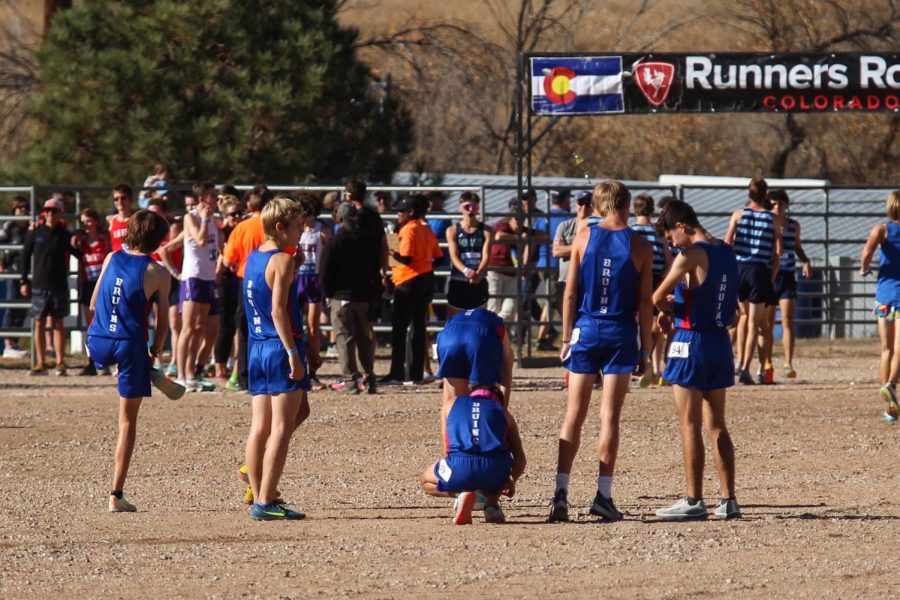
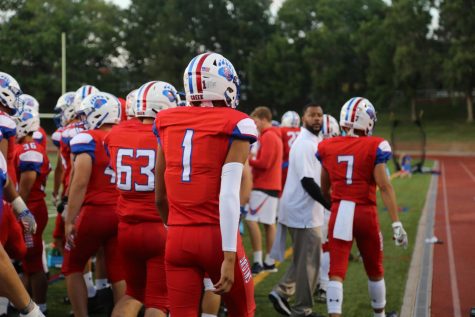

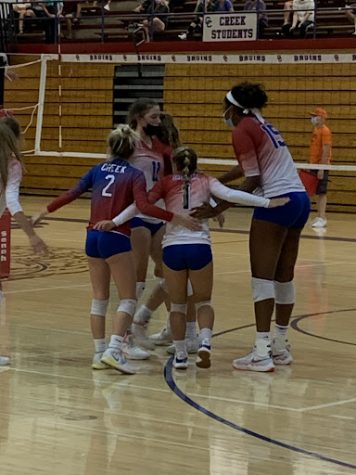


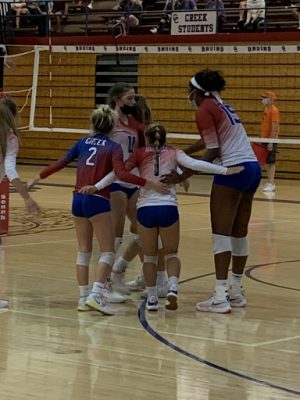


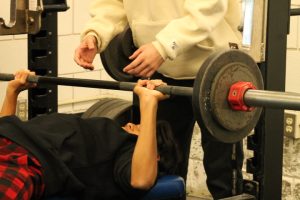




![In a recent surge of antisemitism nationally, many have pointed towards social media and pop culture as a source of hate. “Many far-right people have gone on [X] and started just blasting all their beliefs, Sophomore Scott Weiner said.](https://unionstreetjournal.com/wp-content/uploads/2023/10/antisemitism-popculture-2-600x338.jpg)






![Students perceive each other in highly critical ways.
This is only magnified when the person being observed is transgender. Sophomore Aram Bazarian sat with a trans pride flag for our cover in an all too familiar position. As a trans person at Creek, Bazarian often feels isolated from students around him, not only because of his identity, but also because of the possible hate he could experience for being himself. “Some [students] have never met a trans person before,” senior Karter LaBarre said. “So I sometimes have some educating to do.” Educating their peers is the tip of the iceberg for these trans students. Name-changes, basic respect, and deadnaming are all part of the trans experience.](https://unionstreetjournal.com/wp-content/uploads/2022/11/USJOpt5Edit-367x475.jpg)